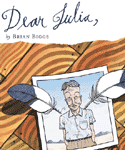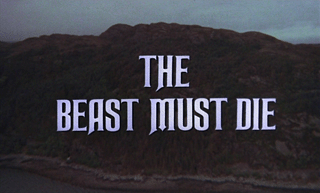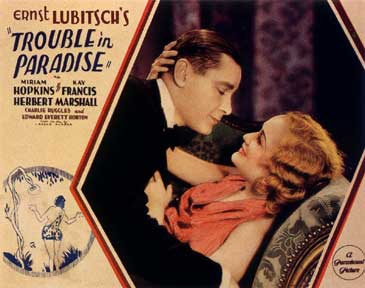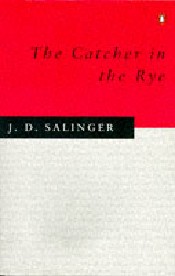 Clockwise from top left: Seth, Chester Brown, Adrian Tomine, Speigelman and Joe Sacco.
Clockwise from top left: Seth, Chester Brown, Adrian Tomine, Speigelman and Joe Sacco.There's a very nice
article published in The New York Times about the "Graphic Novel". I've also put it in a
word document since the article is very long.
The article is a really nice guide for people new to these kind of comic books (I'm kinda new too).
Jimmy Corrigan and
Blankets are probably my personal favorites but I loved
The Watchmen and
Ghost World too.
Jimmy Corrigan, The Smartest Kid on Earth by Chris Ware

Blankets by Craig Thompson

The article apparently has its flaws as you can read
in this post by Kip Manley. My main surprise however was that the author didn't mention another favorite comic of mine: Dear Julia (but then again I'm afraid I'm biased after adapting this book
to the screen):
Dear Julia by Brian Biggs

Finally there's one other part in the article that got my attention:
The graphic novel -- unlike the more traditional part of the comic-book universe now being celebrated by fiction writers like Michael Chabon and Jonathan Lethem -- is a place where superheroes have for the most part been banished or where, as in ''Jimmy Corrigan'' and ''David Boring,'' they exist only as wistful emblems of a lost childhood. There is also little of that in-your-face, cinematic drawing style developed by Stan Lee, Jack Kirby and other pioneers of the action comic. Most of the better graphic novelists consciously strive for a simple, pared-down style and avoid tricky angles and perspectives.
Unfortunately I haven't read
David Boring yet but I don't agree with the author that the Superhero theme in
Jimmy Corrigan is only about lost childhood. In fact I think the whole Superhero myth serves a much wider purpose in that book. A central issue in Ware's book is I believe the demystification of the whole Superhero genre while at the same time the Superhero themes keep being Jimmy's ultimate goals. The Superhero is his role model. It's this dream that's Jimmy been striving for since childhood but he didn't loose it when he became an adult. He still has that same dream. When he was just a little boy, he hoped his father would be a Superhero. Now as an adult, he still has that same desire when he visits his father. But my understanding is that Jimmy too hopes to be a Superhero one day. This is probably his ultimate fantasy (ie being a superhero dad himself one day). So in Jimmy's imagination the Superhero is not a lost child's dream. It's still a very much alive dream.
Now as far as the demystification of the genre goes, I think Ware is trying to get this effect on his readers due to the discrepancy between "Jimmy's reality" and "Jimmy's dreams". For Jimmy himself superheroes are, as I said, very much alive but for us as readers they are not. This is due to the unusual tone of Ware's book and it's unlike the dc comics where we as readers are asked to believe that superheroes could have special powers. You could say that Ware asks us to believe superheroes don't exist. The reason he can pull this off is because the book's world is embedded in reality. Ware gives us an insight in the life of his characters as they really are. It's like a documentary of Jimmy's life and it's clear that this is a world without special powers. The characters are on the contrary human beings with a lot of imagination. This way we understand that the superhero is part of Jimmy's desires. The reader is in the same state of mind as the superhero that jumps off the roof. So I think it might be a simplification to talk about the superhero only being a lost childhood memory in Jimmy Corrigan. There's much more to it than that.
edit:
On the latter subject, I just found out about this
very interesting post by John Holbo. Good points which I need to give a closer look.
Anyway let's hope a new perspective on Superheroes can be brought soon in an upcoming short film by Mr. Bill Borochovitz himself!!

















































